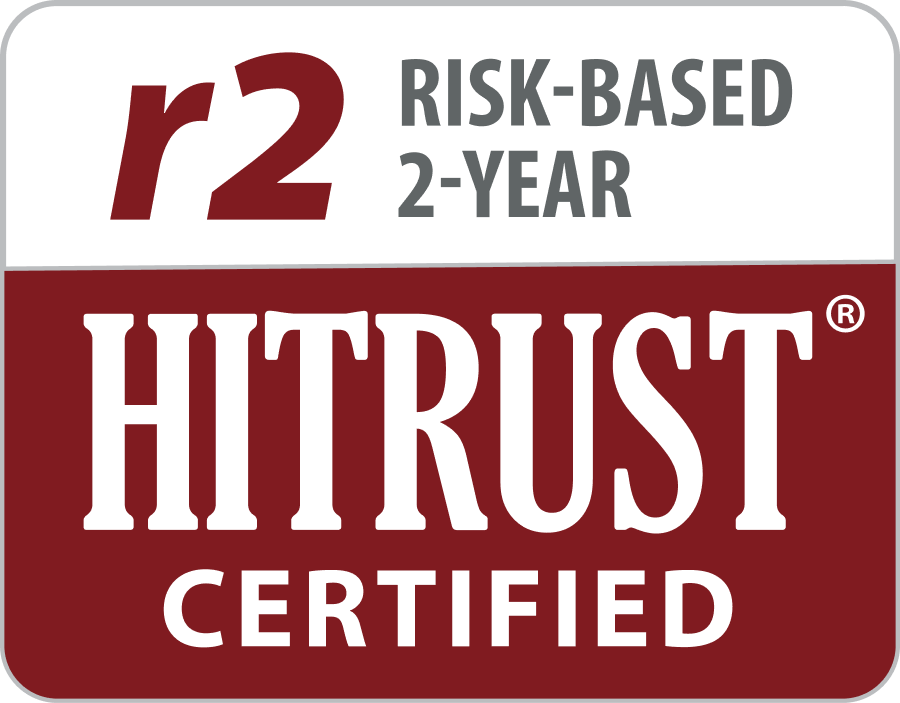
Charles Baker, VP, Compliance Solutions
Compliance belongs at the strategic decision-making table to ensure the seamless integration of regulatory guidelines into the fabric of effective programs.
For years, compliance in the health insurance sector, especially regarding government programs, has been synonymous with regulatory oversight. Compliance departments have been traditionally seen as the custodians of rules, tasked with ensuring that health plans adhere to state and federal laws. While this role is still crucial, the compliance function has evolved into a strategic partner that adds value beyond oversight.
Medicare Advantage Compliance: From Oversight to Strategy
The role of compliance is undergoing a significant shift, and one of the most exciting aspects of this evolution is the transition from a purely oversight-based role to one that incorporates strategic planning. Gone are the days when compliance was a hindrance or necessary evil. Today, it’s a treasure trove of insights waiting to be tapped.
Here’s how Medicare Advantage compliance teams can move from retrospective oversight to delivering forward-looking market insights:
Uncover the Untapped Potential of Compliance Data
Compliance departments deal with myriad data types, including risk assessments, audits, and monitoring reports. Traditionally, this information has been used to “look back” and evaluate whether organizational activities align with relevant laws and regulations. While this remains a core function, the data are equally valuable for “looking ahead.” This look-ahead approach is a strategic asset to gain a competitive edge while creating an improved member experience.
Using compliance data in tandem with upcoming regulatory shifts allows plans to proactively adjust to market conditions rather than merely reacting. This strategic approach facilitates more efficient allocation of resources and enhances operational effectiveness and compliance. Additionally, applying a predictive analytics lens to data can identify potential areas for grievances and operational inefficiencies. By addressing issues in advance, plans can improve the overall experience of their members. The proactive use of compliance data affords plans a distinct competitive advantage by enabling more informed strategic decision-making and enhancing member satisfaction.
Utilize Compliance Monitoring as Strategic KPIs for Informed C-Suite Choices
Incorporating compliance monitoring practices as pivotal key performance indicators (KPIs) presents a dynamic avenue for C-suite executives to shape strategic business direction. The use of real-time data, ongoing monitoring and audits, provides timely, actionable insights. For example, consider a scenario when compliance data highlight a surge in appeals and grievances related to a particular service, one that’s underemphasized in the existing benefits. This offers an opportunity for plans to enhance product offerings or changes in medical policy that meet members’ current needs and provides a potential key differentiator for prospective members. This transforms compliance monitoring into not just a regulatory requirement, but a proactive tool to guide informed decisions at the core of business leadership.
Translate Regulatory Changes into Market Opportunities
When new regulations are presented, or when there are amendments to existing regulations, it typically signals a broader shift in healthcare policy. While these changes are often viewed as challenges to overcome, they can also be seen as opportunities brimming with potential.
A great illustration of this potential lies in the Risk Adjustment final rule and the transformation within the Medicare Star Ratings. This evolution serves as a signal to Medicare Advantage plans, compelling them to transition from growth-centric paradigms towards an era centered on creating healthier communities. Within this evolution, compliance emerges as a pivotal partner, uniquely positioned to furnish insights into the interpretation of these regulations. This paves the way for initiatives that pivot towards health equity and social determinants of health. The ultimate goal of CMS is clear: Plans are charged with curtailing the overall cost of care while simultaneously elevating health outcomes for diverse populations.
Elevate Your Medicare Advantage Compliance With ATTAC
Compliance has transformed into a dynamic discipline that holds the potential to drive remarkable business growth. No longer confined to mere rule enforcement, compliance departments have emerged as strategic allies capable of harnessing regulatory frameworks and data to grant a competitive advantage.
At ATTAC Consulting Group, we recognize the significance of this transformation. We stand prepared to be your partner in achieving compliance and realizing strategic ambitions.

